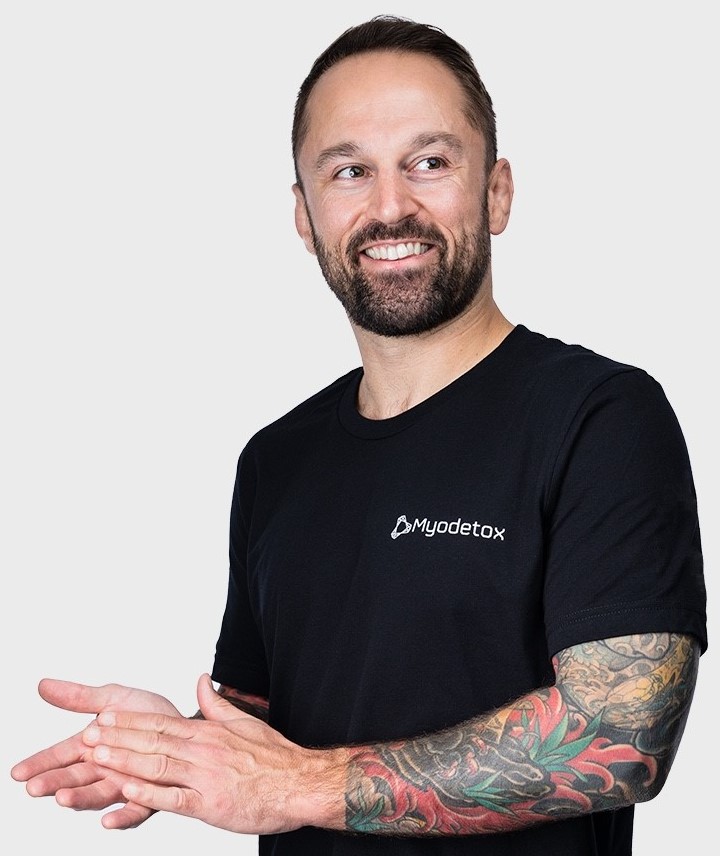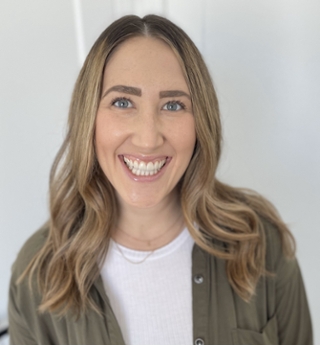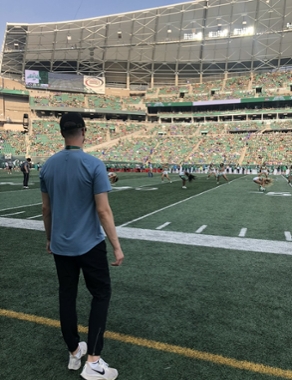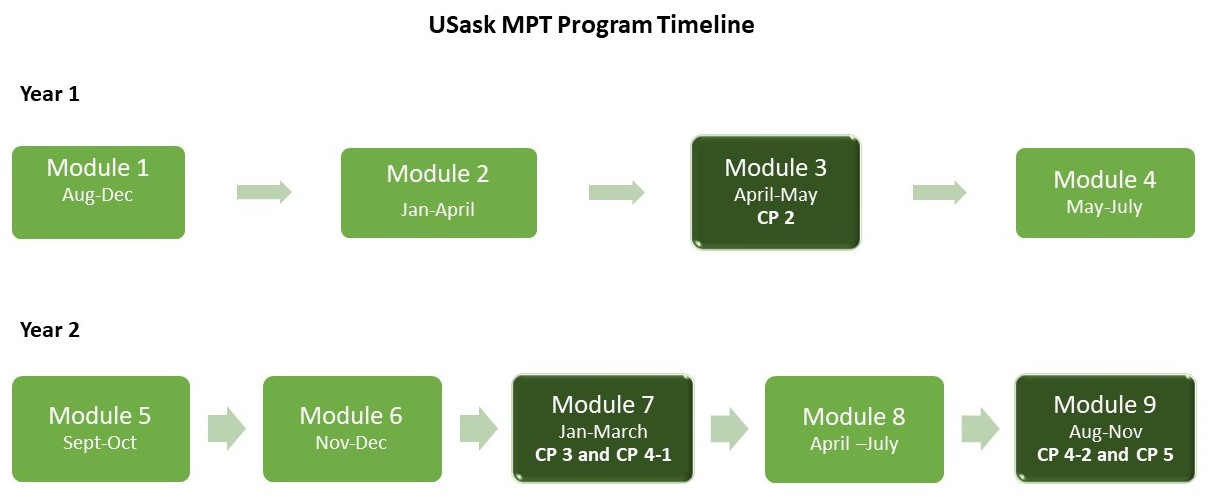Student and Alumni Experiences
 |
“My cardio resp placement helped me understand the importance of movement health throughout one’s lifetime and my neuro placement really drove home the importance of focusing on function. Throughout my clinical placements, I learned a lot about different illnesses, post-op surgical protocols, and communicating with physicians, surgeons and other healthcare providers. I use these skills all the time working in a private practice MSK setting. My advice for students is to keep an open mind going into clinical placements and have some fun out there. As a student you are not going to know everything, just be yourself and remember you’re there to learn.” - Kevin Britton, MPT Program Class of 2022 |
 |
"The clinical placements were absolutely imperative to truly developing physiotherapy skills. It's one thing to read a textbook and understand the theory, but to be able to put the theory and technical knowledge into practice is a skill in and of itself and this learning happens during the clinical placements. They provide the opportunity to practice hands-on skills, interact with real patients, and learn from experienced physiotherapists. My advice is to ask a lot of questions of your clinical instructors and to not be afraid to practice your skills and make mistakes. It's easy to look to your clinical instructor for the answer or for the next step, but the best way to learn is to first try to problem-solve and give it a go on your own!" - Ali Mario, MPT Program Class of 2021 |
 |
"I was fortunate to complete my last placement at the U of S Sports Medicine Centre and worked primarily with the U of S Huskie Football team. This placement allowed me to explore my passion for sport physiotherapy and to assist athletes in achieving their rehab goals while returning to play safely. During the placement I provided assessments and treatments in multiple settings including the Sports Medicine Centre, clubhouse therapy room and gymnasium, as well as practice and game day coverage. My favorite part about the placement was working alongside the medical staff, student trainers, coaches, and athletes as a team working towards a common goal. My advice is to not underestimate your ability as a student to make a positive impact on the lives of your patients and their families." - Kevin Laurence, MPT Program Class of 2023 |
Our Program
The MPT program includes 30 weeks of clinical placements in both urban and rural settings. Each student should expect to be placed in two or more locations outside of Saskatoon.
* Students are expected to cover accommodation and travel costs for placements outside of Saskatoon, which typically last 5-6 weeks each.
Develop skills working with individuals across the lifespan and treating musculoskeletal, cardio respiratory and neurological conditions
Placements occur in rural and urban locations, private clinics, hospitals, acute and long-term care sites and in communities
At least 1025 clinical hours must be completed within a specific requisite mix to complete the program
A Clinical Instructor (CI) is assigned for each placement; this person provides support, guidance and feedback as you begin working with clients

Overview of Clinical Education
| Clinical Placement Course | Duration and Location | Learning Focus |
| CP 1 |
November (1 wk) School of Rehabilitation Science and clinical sites in Saskatoon |
Introduction to clinical placement sites and contexts Exposure to patient and family experience |
| CP 2 |
April-May (5 wks) Clinical site (focus on rural, regional, remote locations) |
Broad clinical experience Manage or help manage a number of patients with a variety of diagnoses |
| CP 3 |
Jan-April (6 wks) Clinical site |
Basic assessment and program planning in core systems |
| CP 4 |
Feb-March (6 wks) Aug-Sept (6 wks) Clinical site |
Understand unique needs of different patient populations or diagnostic groups |
| CP 5 |
Oct-Nov (6 wks) Clinical site |
Manage an increasingly complex caseload with multiple comorbidities, increasing injury and illness severity and some selected cases from specialized populations |
There are a number of pre-requisites required prior to beginning the Master of Physical Therapy Program.
- Cardiopulmonary Resuscitation (CPR) Certification Requirements
- Criminal Record Check (CRC) and Vulnerable Sector Search (VSS)
- Immunization Requirements
Prerequisite requirements are discussed in-depth with students at the program orientation and revisited throughout the MPT program.
